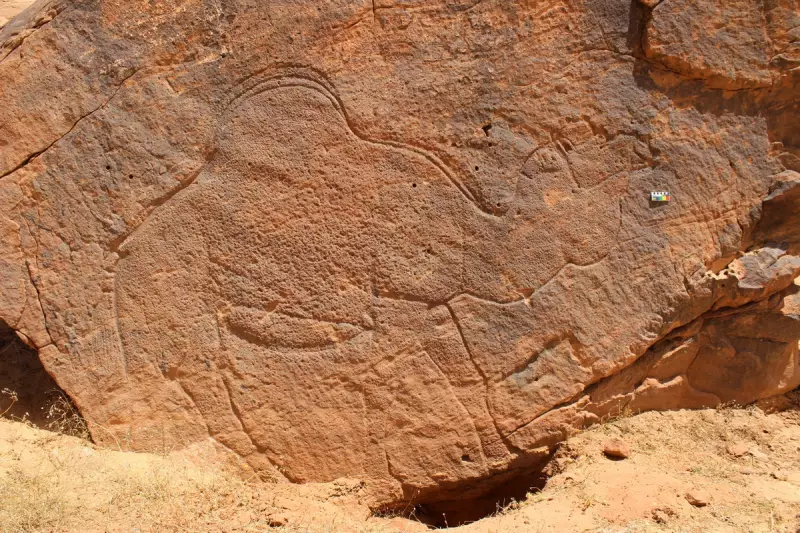
In a stunning revelation that rewrites the history of human migration, an international team of scientists has uncovered compelling genetic evidence that the Arabian Peninsula served as a crucial gateway for early humans leaving Africa, rather than just a brief stopover as previously believed.
The Genetic Detective Work
Researchers from the University of New York in partnership with Saudi Arabian experts and Germany's prestigious Max Planck Institute have analysed ancient DNA samples that tell a dramatically different story about our ancestors' journey across the continents. The findings, published in the journal Nature, suggest early humans didn't merely pass through Arabia but established significant populations there for thousands of years.
Challenging Conventional Wisdom
For decades, the scientific community largely viewed the Arabian Peninsula as a harsh, temporary crossing point where early humans quickly moved through en route to Eurasia. This new research fundamentally challenges that perspective, revealing a much more complex and lengthy settlement pattern.
"What we've discovered turns previous theories on their head," explained Dr. Benjamin Scott, lead researcher from the University of New York. "The genetic evidence clearly shows these weren't just fleeting populations passing through. These were established communities that thrived in Arabia for extended periods, developing unique genetic signatures that persisted for millennia."
Methodological Breakthrough
The research team employed cutting-edge genetic sequencing techniques to analyse DNA from ancient human remains discovered across the Arabian Peninsula. Their sophisticated analysis revealed:
- Distinct genetic markers unique to Arabian populations
- Evidence of prolonged isolation and adaptation to local environments
- Genetic connections that challenge simple migration narratives
- Proof of sophisticated survival strategies in challenging climates
Implications for Human History
This groundbreaking study doesn't just change our understanding of where humans went—it transforms our comprehension of how they adapted and evolved during their global journey. The research suggests that the Arabian Peninsula served as both a corridor and a homeland, where early humans developed crucial survival skills that enabled later expansions into Europe and Asia.
The findings also highlight the incredible resilience of our ancestors, who not only survived but thrived in what would have been challenging environmental conditions, developing unique cultural and biological adaptations along the way.





